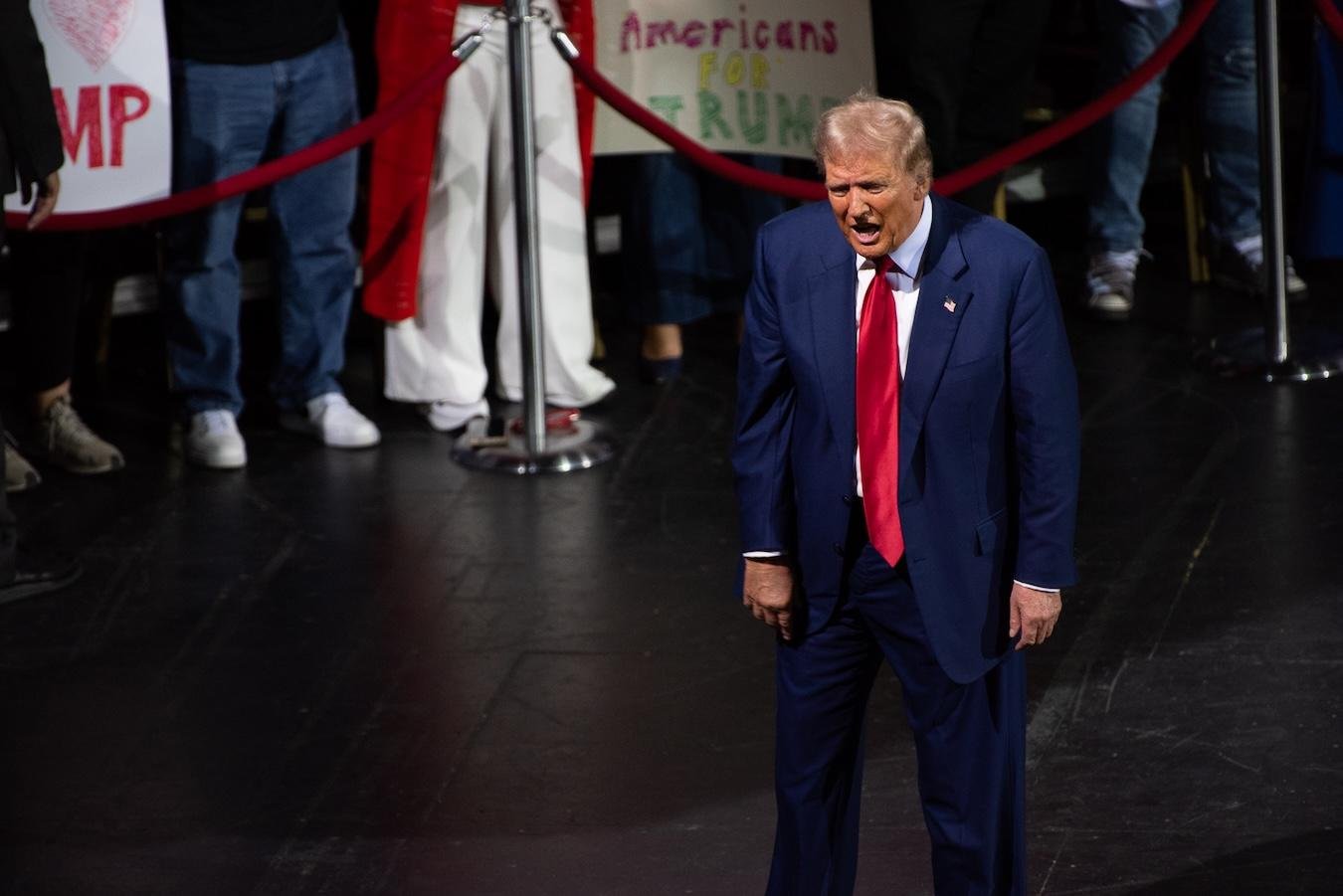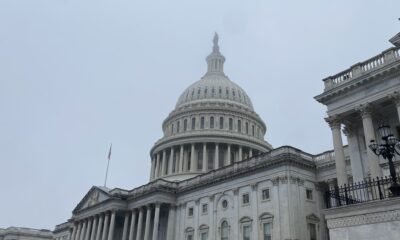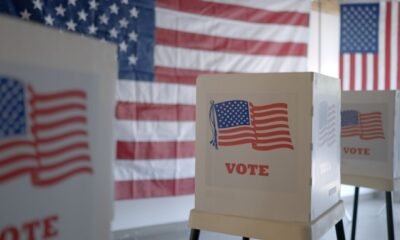Business
Second Federal Judge Halts Trump’s Spending Freeze with Temporary Order

A federal judge has issued a temporary restraining order preventing the Trump administration from enforcing a spending freeze on grant and loan programs. This order comes after a memo detailing the freeze was released last week and subsequently rescinded.
Judge Loren L. AliKhan of the U.S. District Court for the District of Columbia follows another federal judge who issued a similar order. Chief Judge John J. McConnell Jr. of the U.S. District Court in Rhode Island provided a ruling last Friday, emphasizing the potential constitutional violations arising from the freeze.
In her 30-page ruling, AliKhan stated, “Defendants’ actions in this case potentially run roughshod over a ‘bulwark of the Constitution’ by interfering with Congress’s appropriation of federal funds.” She criticized the Office of Management and Budget (OMB) for imposing a nationwide freeze on existing financial commitments without delving into the particulars of the affected loans and grants. Moreover, she asserted that the OMB did not specify an end date for the freeze, casting doubt on its legitimacy and duration.
The judge dismissed a motion from the Department of Justice seeking to terminate the case, arguing that the mere rescission of the memo does not eliminate the freeze. “Destroying the paper trail of allegedly illegal activity means nothing if the activity persists,” she wrote.
This legal battle began after the National Council of Nonprofits filed a lawsuit against the OMB shortly after the memo’s release in late January. At a Monday hearing, attorney Kevin Friedl highlighted that despite the memo’s rescission, many organizations remain unable to access necessary funding.
Justice Department attorney Daniel Schwei contended that any paused funding may result from preceding executive orders, rather than the OMB memo. He claimed federal agencies possess the discretion to stop spending on Congress-approved allocations.
Friedl maintained that numerous funding sources remain frozen without connection to the executive orders. He pointed out a social media comment from White House Press Secretary Karoline Leavitt, stressing that the memo’s revocation did not equate to an end of the funding freeze, contradicting the administration’s claims.
Judge AliKhan noted that the statements from the White House indicate a commitment from the OMB to restrict federal funding. She warned that if the administration were to amend the memo in name only while pursuing the same directives, the problem may not be resolved. “There is nothing stopping OMB from rewording, repackaging, or reissuing the substance of memorandum M-25-13,” she cautioned.
AliKhan firmly rejected the notion that the administration has the authority to cancel Congress-approved spending. She articulated that “the appropriation of the government’s resources is reserved for Congress, not the Executive Branch,” reinforcing the principle of separation of powers.
The OMB’s haste in issuing the spending freeze, barely 24 hours before its intended implementation, drew AliKhan’s ire. She suggested a more thoughtful approach could have been adopted by the administration. “If Defendants intend to conduct an exhaustive review of what programs should or should not be funded, such a review could be conducted without depriving millions of Americans access to vital resources,” she remarked.
As the legal dispute unfolds, the implications of the decision extend beyond the current actors, potentially impacting federal funding access for numerous organizations across the nation.


















